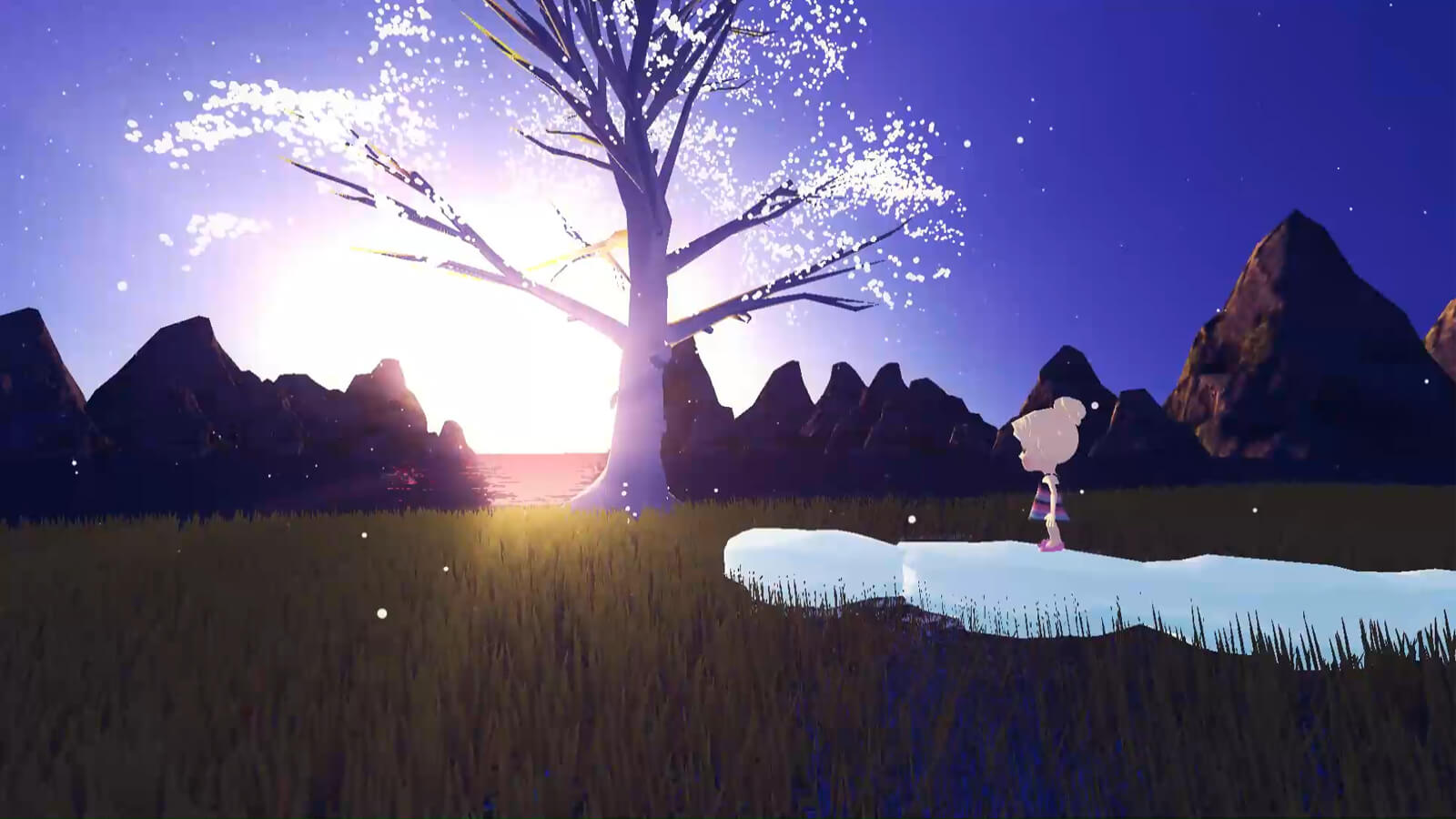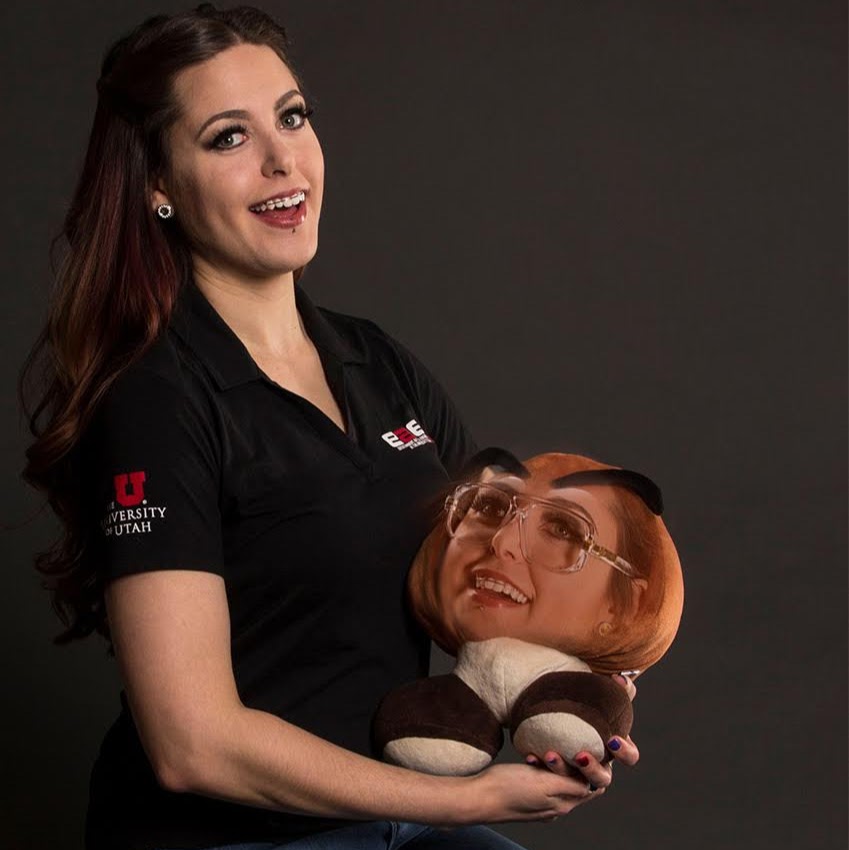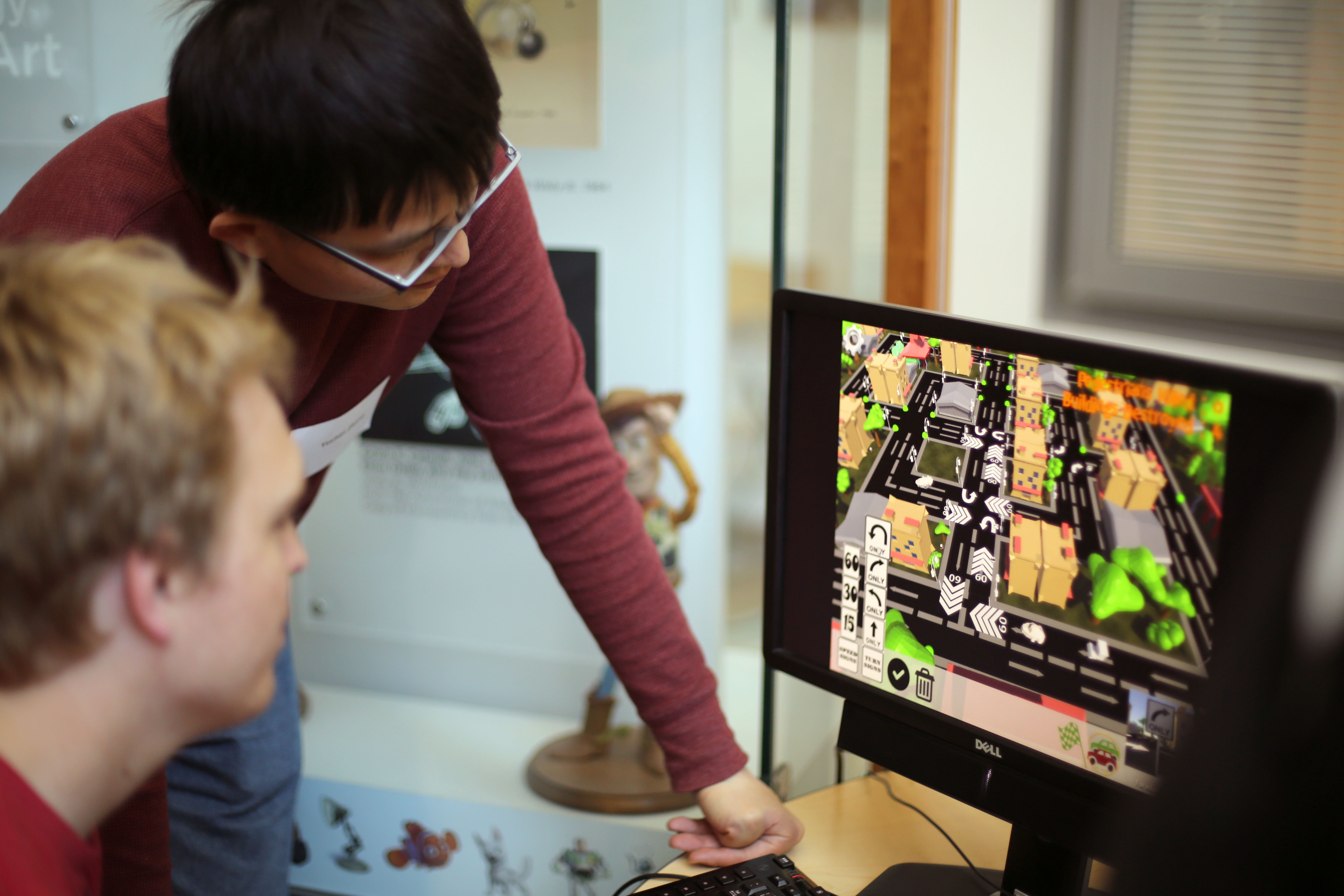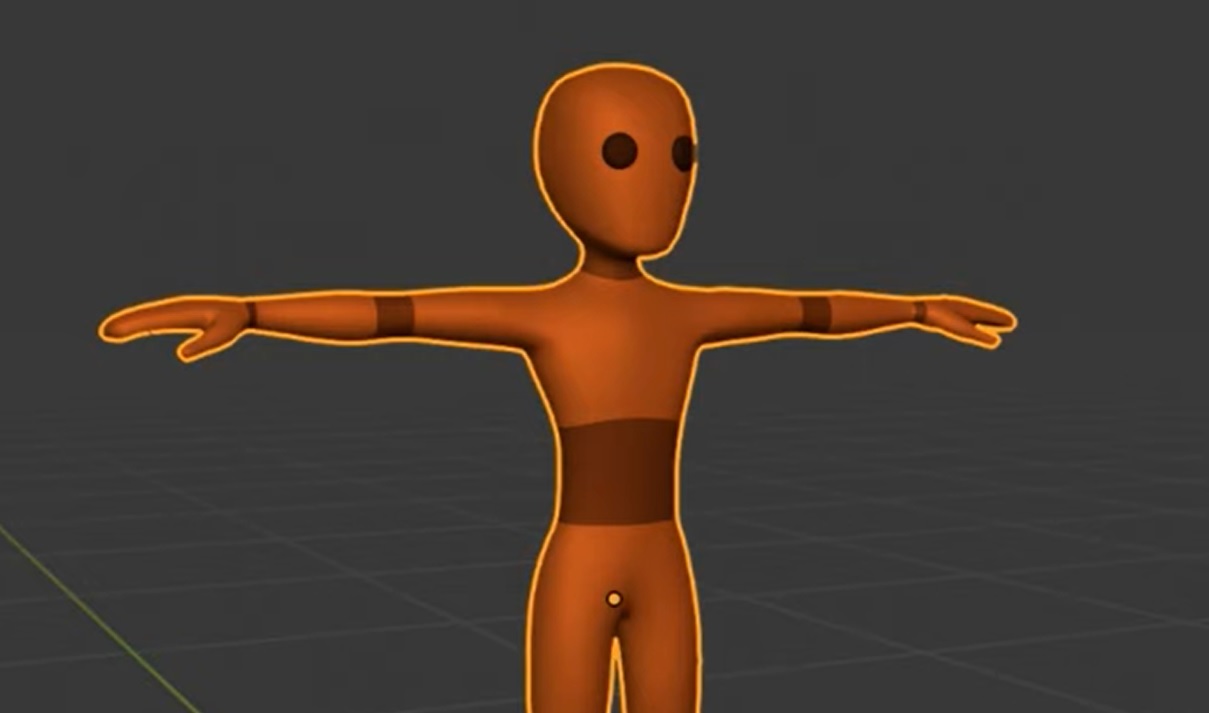The best game design programs, ranked by the Princeton Review 2020

The coolest video game jobs you've never heard of
When you think about getting a career in game design, it’s easy to fall into the same old ideas: Game designer, animator, programmer, level designer. These are all great options to choose from, but it doesn’t do justice to the ridiculously wide variety of other kinds of jobs there are in the game and tech industries.
Knowing there was more to explore, we spoke with faculty from some of the best game design schools out there: Vancouver Film School, the University of Utah, and more. We asked them what the most interesting but lesser-known jobs are in the industry, what you need to know to pursue them, and why they’re so important.
Games User Researcher

What is it: You’re responsible for running all sorts of psychological tests on people playing a game, which in turn helps a studio learn how their players think, and how to better build every aspect of their game. The University of Utah even has the Games User Research Lab, where researchers use eye and face-tracking technology to record every emotional response to a game.
What should you study: Psychology, of course, but also elements of social sciences, media studies, and user interface design.
Why is it important: “Through rigorous testing through all stages of game development, we can improve the usability, accessibility, and fun of the games we make. This testing is important not just because it makes games better but also because it uses data to build business confidence and stability in the games industry. ” - Assistant Professor Ashley Brown, University of Utah.
Technical Designer

What is it: You’re a bridge between programming and designing. Your job is to help create a toolset for the other developers that’s easy enough for almost anyone to use, but also flexible enough for a designer’s vision to be achieved. Simple, huh?
What should you study: Programming, level design, production.
Why is it important: If you’ve ever heard one of those horror stories about a faulty game engine making a studio’s development process a nightmare and thought you could fix that, this is the job for you. “There’s always a tension in game companies between having user friendly tools that anyone can use, and having tools that do exactly what a designer/content creators want them to do. A technical designer thinks like a designer but has the same level of skill as a programmer, letting them use more complex and powerful tools to create game content.” - Christopher Mitchell, Head of the School of Creative Technologies, Vancouver Film School.
Rigger

What is it: You build the skeletons and musculature of moving and living things in a game. “It’s a process that requires creativity, precision and an ability to think about all the many permutations a skeleton will have to undergo over the life of the character in-game, accounting for problems that don’t even exist yet.” - Christopher Mitchell, Head of the School of Creative Technologies, Vancouver Film School.
What should you study: Animation, anatomy, physiology.
Why is it important: Besides being a very in-demand job, but like Vancouver Film School’s Christopher Mitchell says, you’re figuring out problems most other designers won’t even know to look out for. An animator’s job is practically impossible if they don’t have a reliable, versatile “actor” to bring to life, and they need someone to build them and support them.
Keep up to date with the most important stories and the best deals, as picked by the PC Gamer team.

